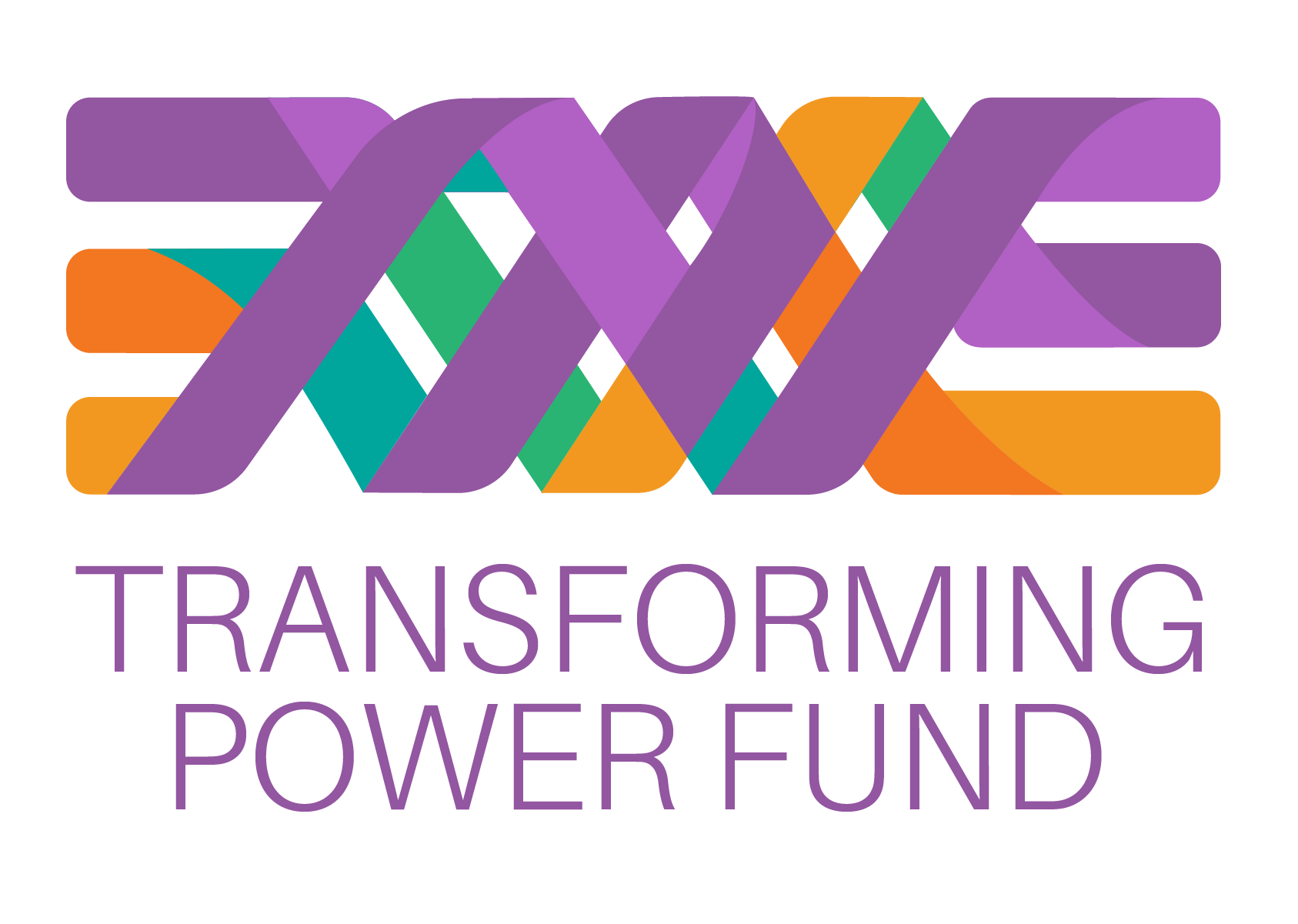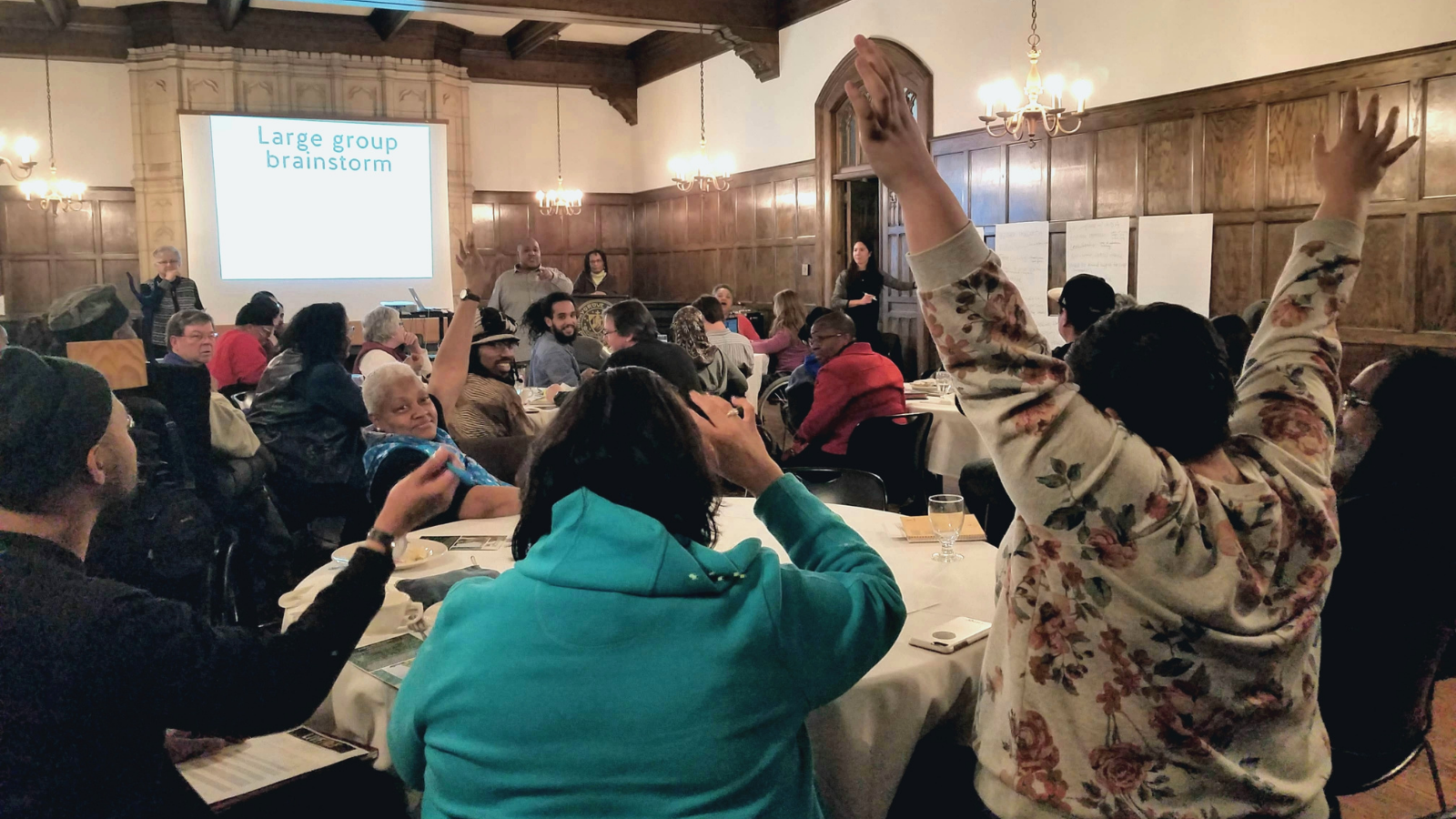about
We believe in the power of grassroots organizing to transform communities, and that community organizers, artists, and leaders are leading some of the most innovative and necessary solutions to Detroit’s problems. They are working on the ground, in neighborhoods, and know the problems and solutions best because they are the people most affected by them.
TPF provides grants to individuals and groups who are organizing around systemic social justice issues, and we prioritize our giving to Black, Indigenous, and people of color led efforts. We also believe in the importance of community governance: the decision-making around who receives funding is made by a table of community leaders, organizers, artists, and advocates who are deeply rooted in Detroit.

Apply for a grant
Climate & Environmental Grant Goes LIVE June 4, 2024
We will be holding 2 info sessions:
-
June 18, 2024 10am
-
July 8, 2024 7pm
Grant Due Date: July 18, 2024
Register Here: June Info Session


Register Here: July Info Session

To be eligible for any Transforming Power Fund grant program, an organization or project must:
- Be an organized group of people:
- Nonprofit with 501(c)3 as determined by the IRS
- Federally recognized American Indian tribal government or agency
- Fiscally sponsored by 501(c)3 organizations or by federally recognized tribal governments
- Organizations that are not incorporated or fiscally sponsored may possibly apply, however the applicant must first contact TPF staff before continuing the application process.
- Be led by people who are most directly affected by the problems that the organization or project is addressing
- Carry out its work in Detroit, Highland Park, or Hamtramck, Michigan
We generally do not fund:
- General operating requests from organizations that primarily provide direct services to individuals and families. Direct service organizations can apply for project-specific funds for projects that fit our definition of community organizing.
- Publications, reports, workshops, classes, conferences, research, or litigation efforts unless they are part of an ongoing community organizing effort.
- Environmental work unless it is aimed at achieving social justice goals (i.e. environmental justice). For example, the Transforming Power Fund generally does not fund recycling or resource conservation projects, but we will fund community organizing projects addressing environmental threats that disproportionately harm communities of color or low-income communities.
- Projects sponsored by a government agency. For example, the Transforming Power Fund would not fund a project led by a public school district. However, we would fund a project led by communities of color that partners with public schools to address the academic achievement gap for students of color. The project must be community driven and led by those most directly affected by the problem.
- Endowment funds or capital campaigns.
The Transforming Power Fund defines community organizing as building grassroots power by organizing people to act collectively, exercising power in numbers, to advance holistic, intersectional solutions that address the root causes of systemic problems. TPF recognizes an ecosystem of community organizing, including tactics which uplift:
- Self-determination: Community organizers build capacity in communities through tactics such as leadership development trainings, skill-sharing programs, and opportunities to speak out through creative expression.
- Cultural transformation: Community organizers work through culture via street art, music, poetry, performance arts, community arts festivals and community-based public art projects. They facilitate the development of galleries, performance venues and cultural centers, and healing arts.
- Grassroots engagement: Engage their communities directly through door-to-door canvassing, community meetings, and marches. They use both online and offline communications strategies and deep listening sessions. They offer individual and group advocacy efforts, form solutions to immediate crises, and can connect community, municipal, and private resources and services.
- Policy campaigns: Develop community-driven policy solutions through careful analysis of power structures and root causes. To do this, they engage in strategic planning, participatory research and data analysis and visualization to inform policy development. They are expert storytellers with an eye for challenging dominant narratives. They are skilled in multimedia documentation and publicity campaigns. They bring resources for legal research, lawsuits and lobbying.
- Alternative infrastructures & institutions: Build systems that work when the dominant systems are failing. They create community-based schools and education programs. They build neighborhood wireless networks, neighborhood safety and support networks, community radio stations, food co-ops, community farms and gardens, community-supported agriculture programs, maker spaces, and fabrication labs.
Learn more about Detroit’s ecosystem of organizing, starting on Page 28 of the 2017 report Changing the Conversation: Philanthropic Funding and Community Organizing in Detroit.
Missed a grant deadline?
Join our mailing list and stay up to date on TPF’s grant opportunities!

